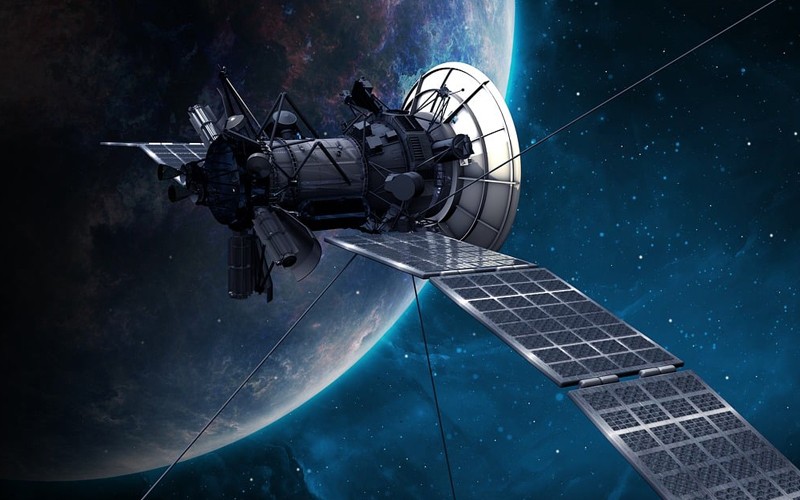
ISRO developing integrated ‘satellite brain’ system, seeks industry help for testing
Bengaluru: Scientists at ISRO’s UR Rao Satellite Centre (URSC) in Bengaluru are developing a compact, all-in-one avionics system that merges multiple critical satellite functions into a single, unified unit.
Called the Integrated Avionics Package (IAP), this component is being designed to serve as the “brain” of a satellite, streamlining key operations such as telemetry, communication, positioning, data handling and on-board computing, News 18 reported.
The space agency is now reaching out to industry players for support in creating a specialised ground test setup to validate the IAP before it is cleared for flight, according to the report.
The IAP replaces multiple discrete units typically used in satellites with a single, integrated module—resulting in reduced weight, space and power consumption, all vital for improving satellite efficiency.
ISRO has floated an Expression of Interest (EOI) inviting proposals from industry partners capable of designing and building a testbed that can emulate the various space conditions and interfaces the IAP will encounter once in orbit, the report said.
The system must be compatible with spacecraft platforms up to the I-1K class and support different IAP configurations during its development and evaluation phases.
Selected partners will be expected to handle the full scope—from development and integration to comprehensive testing of the ground validation system.
Proposals will be judged based on the applicant’s relevant experience, technical understanding, proposed methodology, infrastructure, skilled workforce, and financial capability, the report said.
The project is a key part of ISRO’s broader plan to scale up satellite production over the next five years. As the agency prepares to build a large number of satellites, it needs mass fabrication of electronic sub-systems ready for integration.
As of December 31, 2024, India operates around 22 satellites in Low Earth Orbit and 31 in Geo-synchronous orbit.
Its deep space missions—Chandrayaan-2 orbiter and Aditya L-1—also remain active. In 2024 alone, ISRO conducted 261 launches, achieving a success rate of over 97%.
Support Our Journalism
We cannot do without you.. your contribution supports unbiased journalism
IBNS is not driven by any ism- not wokeism, not racism, not skewed secularism, not hyper right-wing or left liberal ideals, nor by any hardline religious beliefs or hyper nationalism. We want to serve you good old objective news, as they are. We do not judge or preach. We let people decide for themselves. We only try to present factual and well-sourced news.







